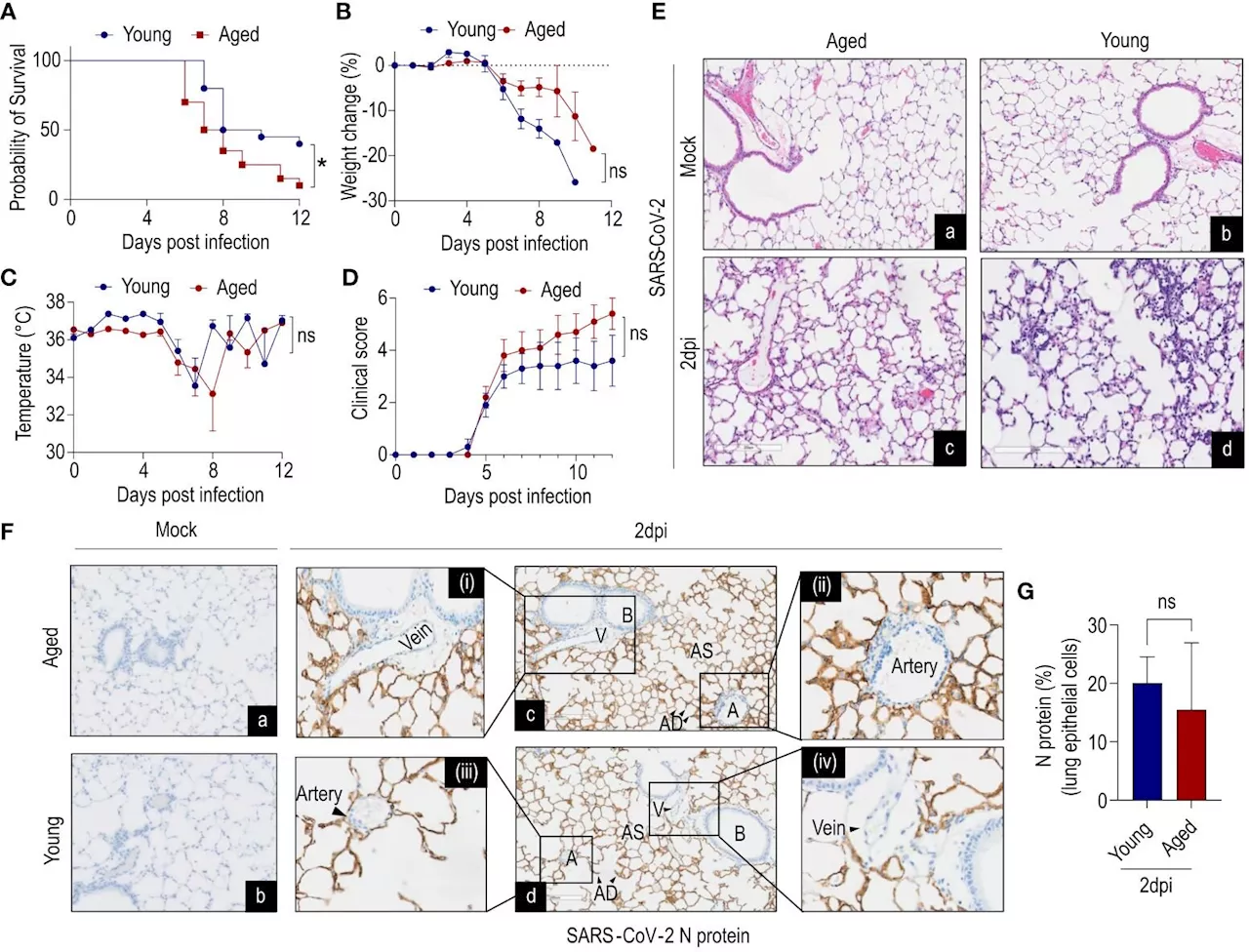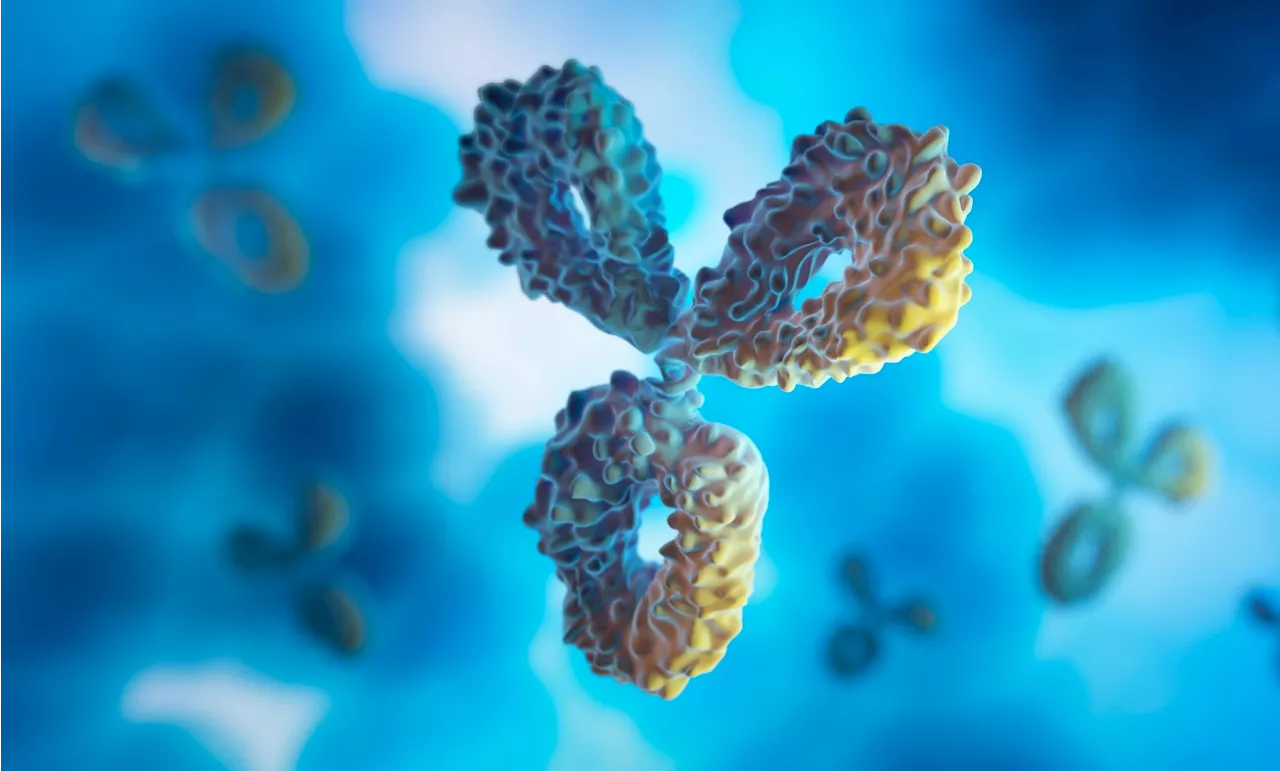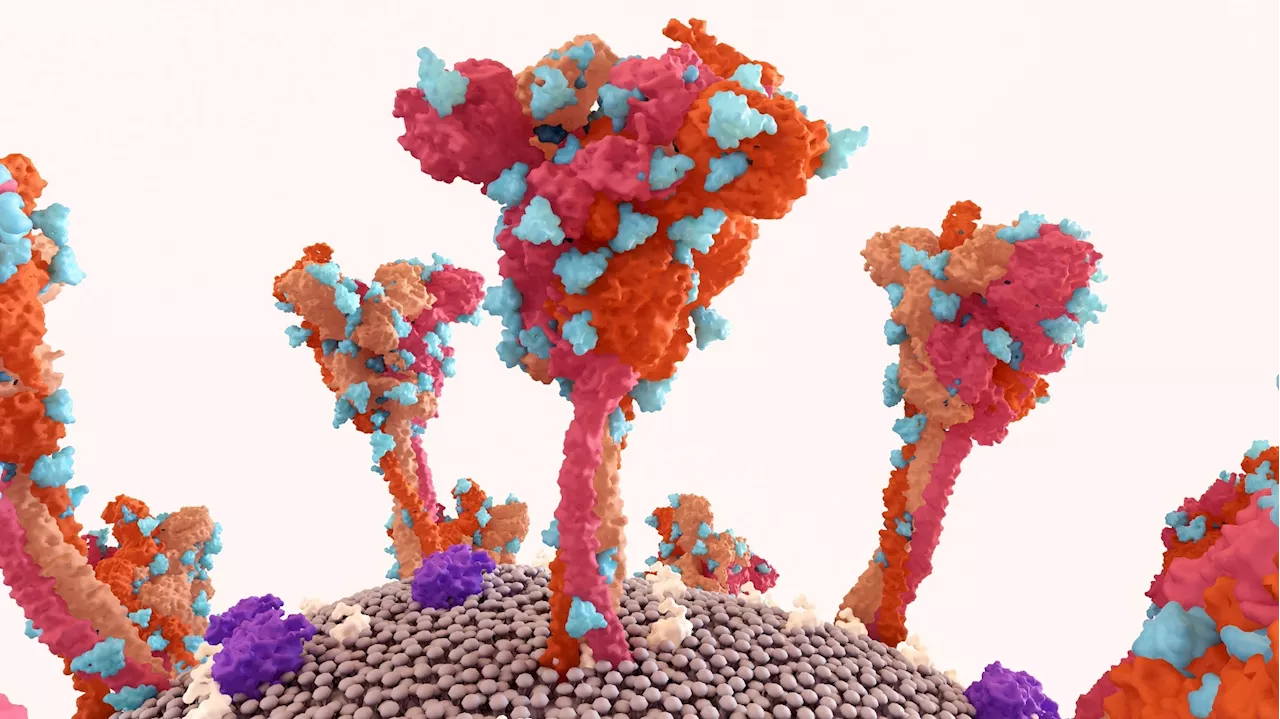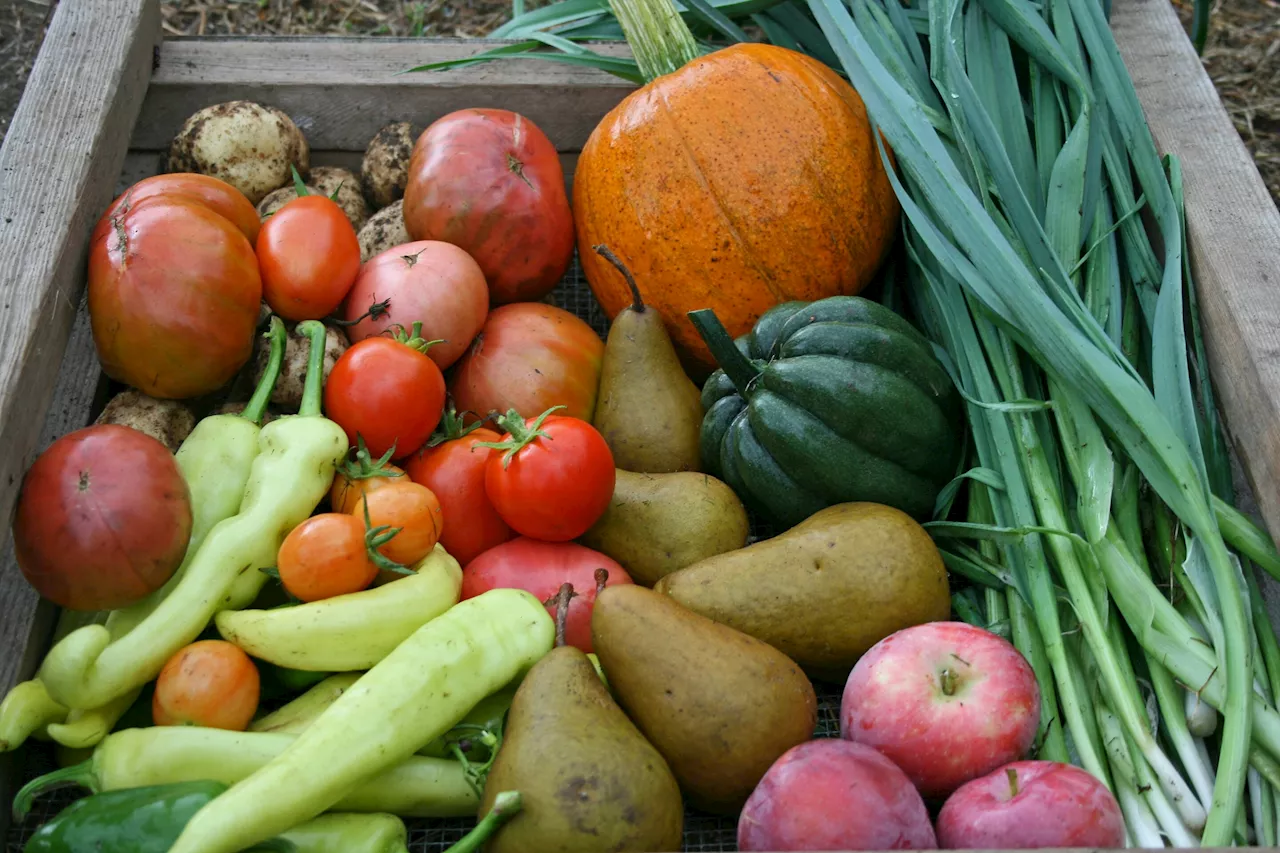American diets may have gotten healthier and more diverse in the months following the start of the COVID-19 pandemic, according to a new study led by Penn State researchers.
Study: American diets got briefly healthier, more diverse during COVID-19 pandemic retrieved 9 July 2024 from https://medicalxpress.com/news/2024-07-american-diets-briefly-healthier-diverse.html
This document is subject to copyright. Apart from any fair dealing for the purpose of private study or research, no part may be reproduced without the written permission. The content is provided for information purposes only.Nov 8, 2023Use this form if you have come across a typo, inaccuracy or would like to send an edit request for the content on this page. For general inquiries, please use ourThank you for taking time to provide your feedback to the editors.
Your feedback is important to us. However, we do not guarantee individual replies due to the high volume of messages.to let the recipient know who sent the email. Neither your address nor the recipient's address will be used for any other purpose. The information you enter will appear in your e-mail message and is not retained by Medical Xpress in any form.Get weekly and/or daily updates delivered to your inbox.
Medicine Research Health Research News Health Research Health Science Medicine Science
United States Latest News, United States Headlines
Similar News:You can also read news stories similar to this one that we have collected from other news sources.
 Study finds lower rates of breast reconstruction among American Indian/Alaska Native womenAmerican Indian/Alaska Native (AI/AN) women with breast cancer have consistently lower rates of breast reconstruction after mastectomy compared to non-Hispanic White women, reports a paper in the July issue of Plastic and Reconstructive Surgery, the official medical journal of the American Society of Plastic Surgeons (ASPS).
Study finds lower rates of breast reconstruction among American Indian/Alaska Native womenAmerican Indian/Alaska Native (AI/AN) women with breast cancer have consistently lower rates of breast reconstruction after mastectomy compared to non-Hispanic White women, reports a paper in the July issue of Plastic and Reconstructive Surgery, the official medical journal of the American Society of Plastic Surgeons (ASPS).
Read more »
 Aprilia plays down ‘American rider in an American team’ for MotoGP 2025Massimo Rivola: “I don't think that will be the case"
Aprilia plays down ‘American rider in an American team’ for MotoGP 2025Massimo Rivola: “I don't think that will be the case"
Read more »
 New study helps explain how elderly individuals react differently to COVID-19 than young peopleThe COVID-19 pandemic resulted in over 700 million infections and 7 million deaths worldwide. While age is recognized as a risk factor for severe COVID-19, the reasons for this are not yet fully understood.
New study helps explain how elderly individuals react differently to COVID-19 than young peopleThe COVID-19 pandemic resulted in over 700 million infections and 7 million deaths worldwide. While age is recognized as a risk factor for severe COVID-19, the reasons for this are not yet fully understood.
Read more »
 Study finds short-term side effects of COVID-19 mRNA vaccines boost long-term antibody responseShort-term adverse effects of COVID-19 mRNA vaccinations are linked to higher and longer-lasting neutralizing antibody responses, indicating robust immune efficacy.
Study finds short-term side effects of COVID-19 mRNA vaccines boost long-term antibody responseShort-term adverse effects of COVID-19 mRNA vaccinations are linked to higher and longer-lasting neutralizing antibody responses, indicating robust immune efficacy.
Read more »
 Study confirms no causal link between COVID-19 and ischemic priapismA study in the International Journal of Impotence Research found no causal link between COVID-19 and ischemic priapism, with priapism occurring across all COVID-19 severity levels and treatments remaining effective.
Study confirms no causal link between COVID-19 and ischemic priapismA study in the International Journal of Impotence Research found no causal link between COVID-19 and ischemic priapism, with priapism occurring across all COVID-19 severity levels and treatments remaining effective.
Read more »
 Study sheds light on factors that may predispose some COVID patients to recover more slowlyEarly in the pandemic, many people who had SARS-CoV-2 infection or COVID-19 began to report that they couldn't shake off their symptoms even after a month or more—unusually long for a viral infection of the upper respiratory tract—or developed new, persistent symptoms soon after the infection cleared.
Study sheds light on factors that may predispose some COVID patients to recover more slowlyEarly in the pandemic, many people who had SARS-CoV-2 infection or COVID-19 began to report that they couldn't shake off their symptoms even after a month or more—unusually long for a viral infection of the upper respiratory tract—or developed new, persistent symptoms soon after the infection cleared.
Read more »
